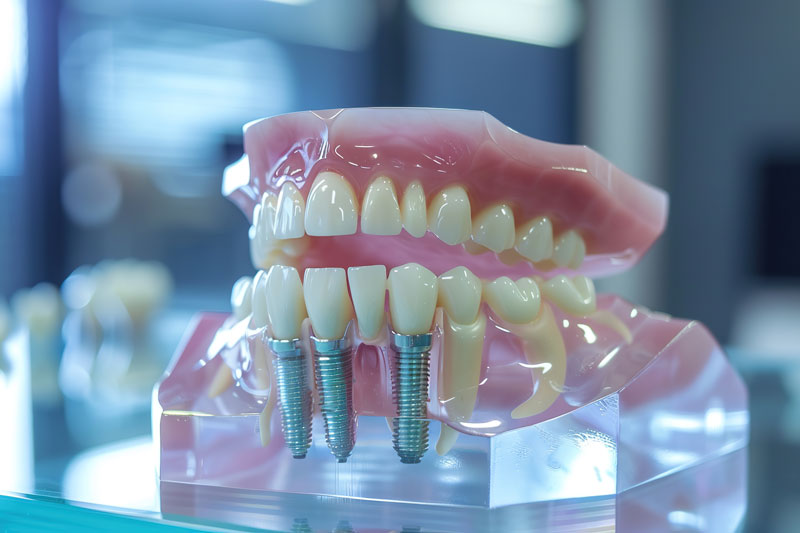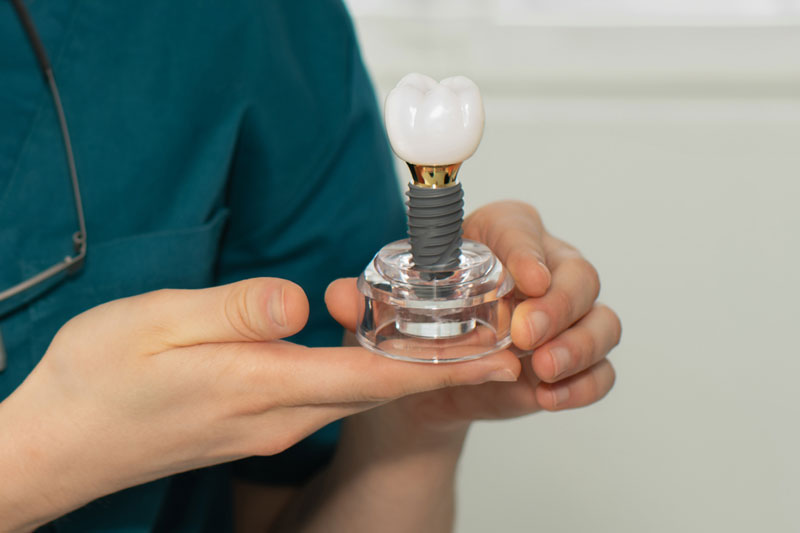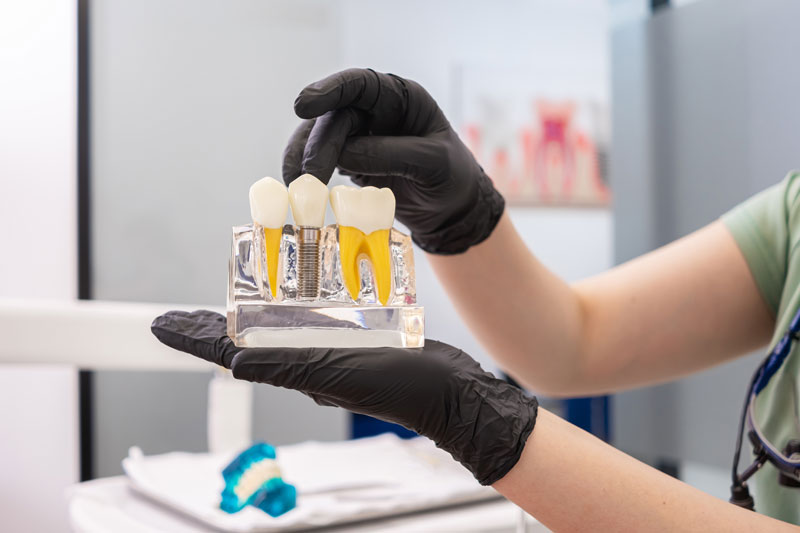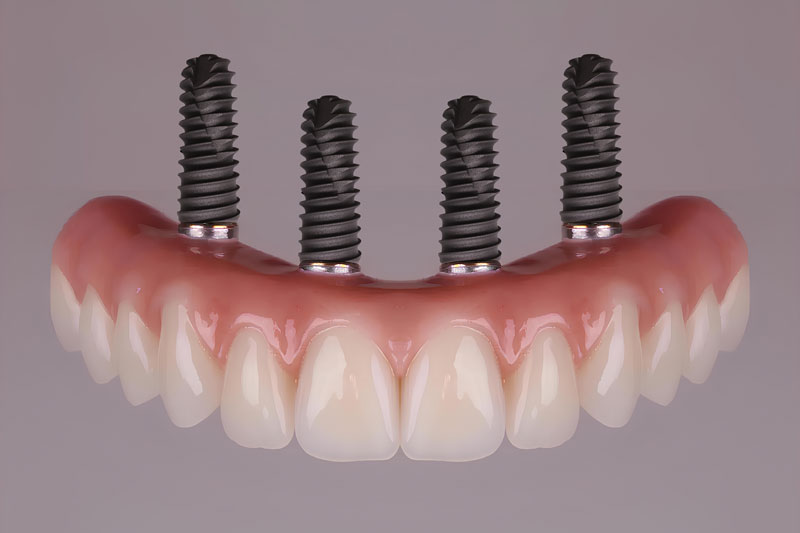Dental Blog - Greenacres, FL
Tips, Facts, And The
Latest In Dentistry

How Is Gum Disease Treated?
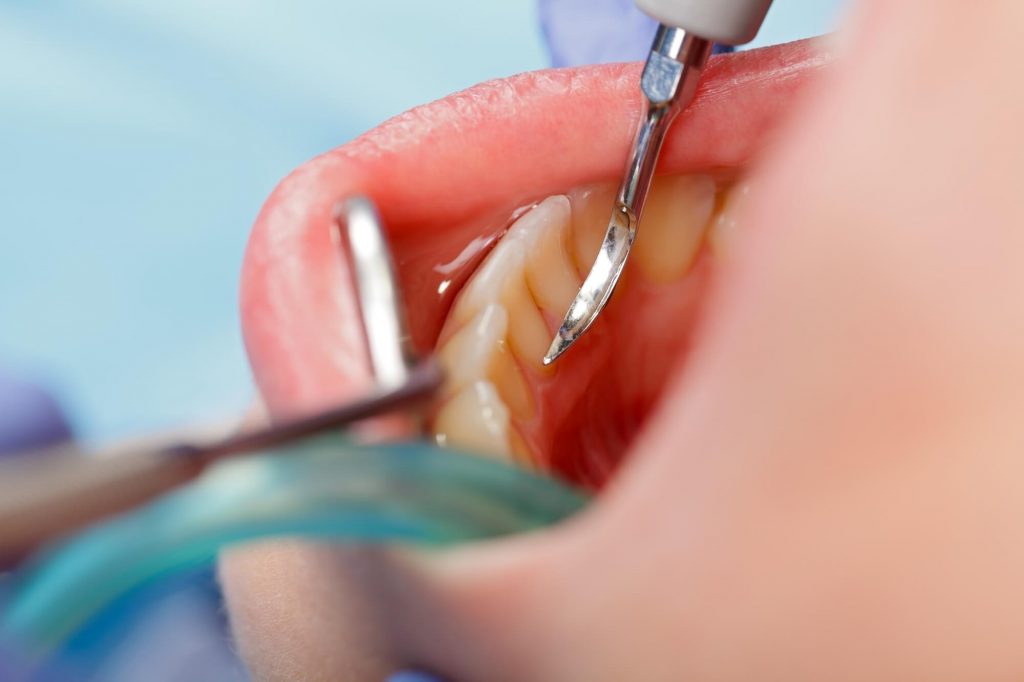
Do you need periodontics in Lake Worth? Individuals who suffer from gum disease need periodontal care. Gum disease, also known as periodontitis, is a gum infection that destroys your gum tissues. Failing to treat gum disease can lead to bone degradation and tooth loss.
Unfortunately, millions of Americans suffer from gum disease, but the good news is that even though gum disease is common, it can be prevented. The usual cause of gum disease is poor oral hygiene, which is why dentists recommend that you brush and floss your teeth daily and visit your dentist yearly for a check-up and routine teeth cleanings. Regular visits to your dentist will significantly reduce your risk of developing gum disease.

Gum Disease Treatment Options
Your periodontist will first examine the condition of your gums before creating a tailor-made treatment plan. The treatment chosen is dependent on the extent of the damage, your current oral health, and how well you responded to your previous treatments. Some treatments are non-invasive, while others require surgery.
Non-Surgical Treatments
Professional Teeth Cleaning
Having your teeth professionally cleaned can help remove harmful plaque and tartar on the surface of your teeth and along the gum line. Keep in mind that plaque and tartar buildup is responsible for causing gum disease. As plaque calcifies, it starts irritating and infecting your gum tissues, leading to red, swollen, and bleeding gums.
Your dentist uses special tools to remove plaque on your tooth surface and right below the gum line. People with gum disease or a history of gum disease must visit more frequently.
Scaling and Root Planing
If you’re looking for a more comprehensive clean, you may want to consider scaling and root planing. This procedure is non-surgical, offering a deep clean of your teeth to scrape away hardened plaque and tartar underneath the gum line. Your dentist will use local anesthesia to keep you comfortable during the procedure.
The rough spots on your tooth roots are smoothened through planing to prevent bacteria from clinging and reattaching to your teeth. Scaling and root planing are only performed if your dentist finds plaque and tartar under your gums.
Surgical Treatments
Pocket Reduction Surgery or Flap Surgery
In pocket reduction surgery, your gums are lifted backward to allow your oral surgeon to remove tartar underneath. In addition, there are cases where the irregular areas of the affected bone are smoothened to get rid of possible places bacteria can hide.
After removing all traces of tartar, your oral surgeon will place your gum tissues back until they snugly fit around each tooth.
This procedure aims to lessen the space between your teeth and gums to significantly decrease areas where bacteria can thrive and cause more damage.
Bone Grafts
During a bone graft procedure, donated bone, synthetic bone, or some parts of your own bone are used to replace damaged bone caused by gum disease. These grafts offer a medium for bone regrowth. Thanks to advancements in technology, the dental industry offers tissue engineering wherein your body can regenerate bone tissues faster.
Soft Tissue Grafts
Your oral surgeon will fill in the areas where gums have receded with grafted tissue. The tissue is often taken out from the roof of your mouth and is stitched securely to add more tissue to the area.
Guided Tissue Regeneration
This procedure is done if the bone supporting your teeth is damaged. The procedure aims to encourage tissue and bone growth. Suppose your oral surgeon decides to combine guided tissue regeneration with flap surgery. In that case, a mesh-patterned fabric is used and inserted in between your gum tissues and bone to keep gum tissues from growing in the area where your bone is.
Bone Surgery
Some gum disease is so advanced that it creates holes and your bone. After flap surgery, your oral surgeon will reshape the bone around your teeth to reduce the size of the craters, eradicating places where bacteria can hide, build up, and grow.

Do You Need Periodontics in Lake Worth?
Not all gum disease cases share the same treatment plan. Again, your dentist will assess your gums, determine the severity of the damage, and then decide which treatment will suit you best.
Gum disease is a preventable oral health issue, but once it’s there, you have to address it right away; otherwise, it can advance and cause serious damage not just to your gum tissues but to your teeth and surrounding bone tissues as well.
At Ferber Dental Group, we strive to restore your oral health and function with our wide range of periodontal treatments. Our dental health team has years of experience in the industry to give you the best and finest care at an affordable cost. Our friendly administrative team works with you to ensure you receive the maximum advantage from your visit. Call us today for an appointment.


